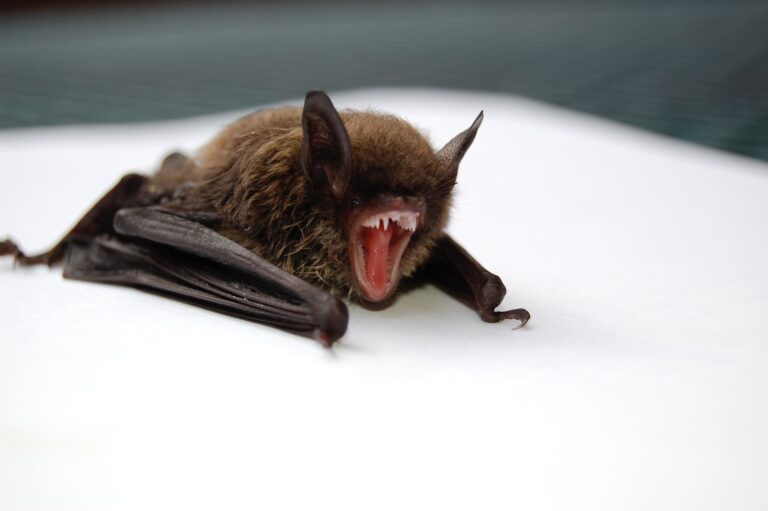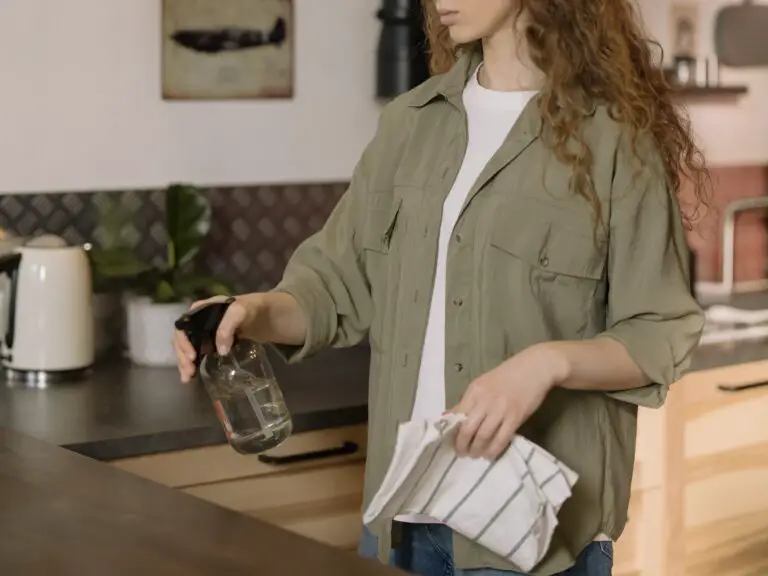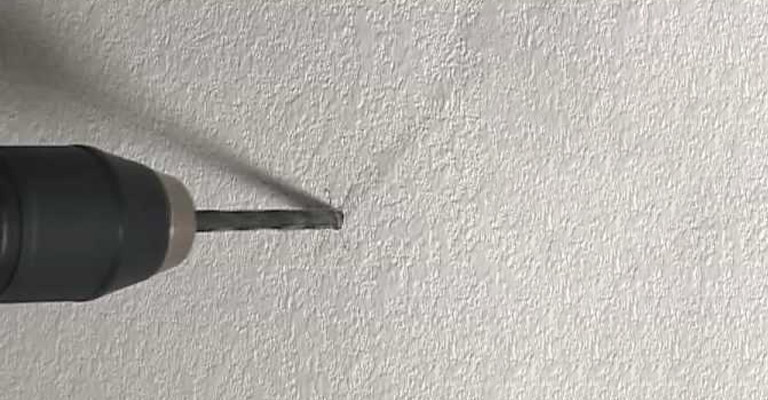How to Get Rid of Skunk Smell in House? What You Have to Do
If you’re dealing with the potent aroma of a skunk in your home, you’re probably searching for a fast and effective solution. Whether a skunk sprayed near your house or your adventurous pet had a close encounter, skunk smell can seep into your home and linger for quite a while. Thankfully, we’ve compiled a comprehensive guide on how to get rid of skunk smell in the house.
Before we get started, remember to ventilate your house thoroughly. Open all windows and doors to allow fresh air in, which will help dissipate the smell.
A Step-by-Step Guide
Step 1: Identify the Source of the Skunk Odor
The first step in getting rid of skunk smell in your house is identifying where it’s strongest. This is likely where the skunk spray has penetrated most deeply. Look for areas where pets might have rubbed against furniture or carpets.
Step 2: Use Commercial Skunk Odor Removers
There are numerous commercial skunk odor removers available in the market. They contain enzymes that break down the thiols (sulfur compounds) responsible for the distinct skunk smell. Simply follow the instructions on the package. Ensure you’re using the product in a well-ventilated area, as some can be quite strong.
Step 3: DIY Skunk Odor Neutralizers
If you prefer a homemade solution, a mixture of hydrogen peroxide, baking soda, and dish soap can work wonders.
Combine:
- 1 quart of 3% hydrogen peroxide
- 1/4 cup of baking soda
- 1 teaspoon of liquid dish soap
Soak affected fabrics in this mixture for about 20 minutes before washing as usual. For hard surfaces, wipe them down with the solution. Always test a small area first to ensure the mixture won’t discolor or damage the material.
Step 4: Vinegar Solution
Another DIY method involves using vinegar, which neutralizes odors due to its acidity. Mix one part vinegar with four parts water and spray it on affected areas. Again, test it on a small, hidden area first to make sure it won’t discolor or damage your materials.
Step 5: Charcoal and Coffee Grounds
Interestingly, activated charcoal and coffee grounds are great at absorbing skunk odor. Place small containers of activated charcoal or fresh coffee grounds around the house, especially in areas where the smell is strongest. Leave them for a few days and replace as necessary.
Step 6: Professional Cleaning
If the skunk smell persists, it might be time to call in professional cleaners. They have specialized equipment and solutions that can penetrate deeper into fabrics and surfaces, effectively neutralizing the stubborn skunk smell.
Prevention is Key
Once you’ve successfully eliminated the skunk smell from your house, you’ll want to avoid a repeat occurrence. Keep skunks away from your property by securing potential food sources like trash cans and compost piles.
Maintenance: Clean Regularly
Regular cleaning is also crucial in preventing and managing skunk smells. Sweep, mop, and vacuum often, paying particular attention to corners, under furniture, and other hidden areas. This practice not only helps remove any lingering odors but also keeps your home clean and healthy.
Ventilation: Keep Your Home Airy and Fresh
Maintaining a well-ventilated home can do wonders in warding off stubborn skunk smells. Fresh air helps disperse any lingering odor, making your home smell fresh and clean. Consider using exhaust fans, air purifiers, or even simple box fans to circulate air throughout your house.
Deodorizing Agents: Keep Them Handy
Besides activated charcoal and coffee grounds, other natural deodorizing agents like baking soda can help absorb and neutralize unpleasant odors. Sprinkle some baking soda on your carpets and upholstery, let it sit for a few hours or overnight, and then vacuum it up.
Pet Care: Keep Your Pets Indoors at Night
Pets often end up being the carriers of skunk smell when they encounter these animals outdoors. To prevent your furry friends from bringing the skunk smell into your house, it’s best to keep them indoors, especially at night when skunks are most active.
Odor Absorbing Plants: Natural Odor Filters
Certain plants are known for their ability to absorb and neutralize odors. English Ivy, Spider plants, and Peace Lilies are great examples. These plants not only beautify your home but also purify the air and help keep your home smelling fresh.
Essential Oils: Natural Fragrances
For an extra burst of freshness, consider diffusing essential oils in your home. Lavender, eucalyptus, and tea tree oil are great options that not only smell wonderful but also have antimicrobial properties that can help freshen your indoor air.
Conclusion
As we wrap up this guide on skunk smell removal, let’s debunk a common myth: tomato juice is not the ultimate solution to skunk sprays. The strong scent merely masks the foul odor temporarily, rather than eliminating it. Instead, using a spray bottle filled with a baking soda solution or a commercial skunk smell removal product can be far more effective for treating skunk odors on fabrics or hard surfaces.
In dealing with skunk spray smell that’s become entrenched in your home, consider investing in air filters that can help absorb odors, or even a professional steam cleaning service for deep-seated smells. Likewise, a regular wash using a strong laundry detergent can help when your house smells of skunk, especially for washable fabrics and linens.
In essence, a strategic and thorough approach is necessary to successfully remove skunk smell. From understanding why skunks spray to using DIY or commercial solutions, every step is crucial. The right mix of prevention and prompt action can help you tackle the challenging task of skunk smell removal and keep your home odor-free. And remember, absorbing odors using baking soda, activated charcoal, or air filters, combined with regular cleaning, can prevent such a situation from recurring. Skunk sprays may be potent, but with these tips, you have the power to reclaim your fresh-smelling home.




